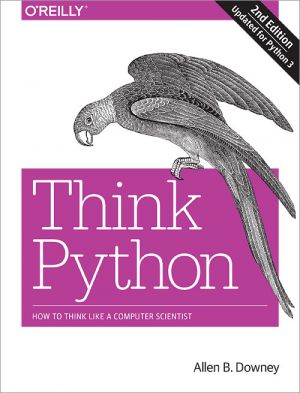
If you want to learn how to program, working with Python is an excellent way to start. This hands-on guide takes you through the language a step at a time, beginning with basic programming concepts before moving on to functions, recursion, data structures, and object-oriented design. This second edition and its supporting code have been updated for...
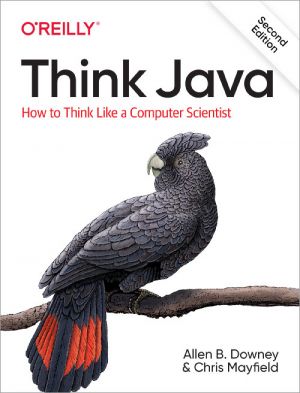
Think Java is a hands-on introduction to computer science and programming used by many universities and high schools around the world. Its conciseness, emphasis on vocabulary, and informal tone make it particularly appealing for readers with little or no experience. The book starts with the most basic programming concepts and gradually works its wa...
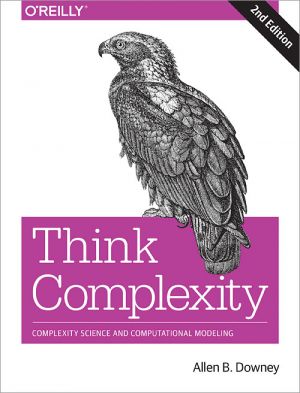
Complexity science uses computation to explore the physical and social sciences. In Think Complexity, you'll use graphs, cellular automata, and agent-based models to study topics in physics, biology, and economics.
Whether you're an intermediate-level Python programmer or a student of computational modeling, you'll delve into exam...
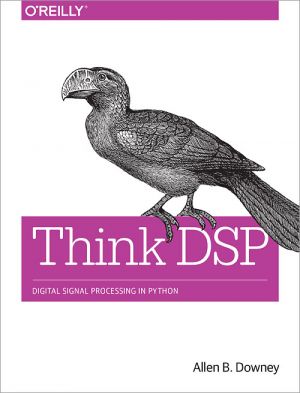
If you understand basic mathematics and know how to program with Python, you're ready to dive into signal processing. While most resources start with theory to teach this complex subject, this practical book introduces techniques by showing you how they're applied in the real world. In the first chapter alone, you'll be able to decom...
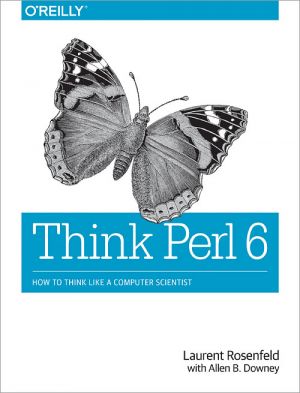
The title of this book was originally Think Perl 6, but since Perl 6 has been renamed Raku, we have also changed the title of the book.
Want to learn how to program and think like a computer scientist? This practical guide gets you started on your programming journey with the help of Raku (Perl 6), the younger sister of the popular Perl programm...
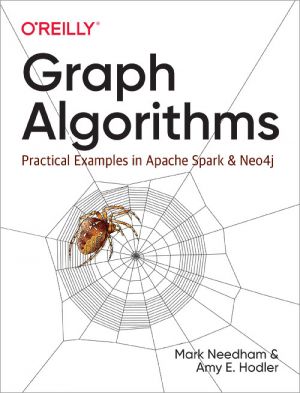
Learn how graph algorithms can help you leverage relationships within your data to develop intelligent solutions and enhance your machine learning models. With this practical guide, developers and data scientists will discover how graph analytics deliver value, whether they're used for building dynamic network models or forecasting real-world ...
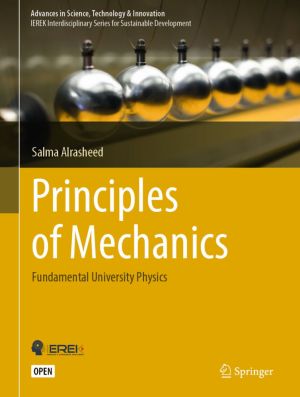
This open access textbook takes the reader step-by-step through the concepts of mechanics in a clear and detailed manner. Mechanics is considered to be the core of physics, where a deep understanding of the concepts is essential in understanding all branches of physics. Many proofs and examples are included to help the reader grasp the fundamentals...

This book by Helmut Wiedemann is a well-established, classic text, providing an in-depth and comprehensive introduction to the field of high-energy particle acceleration and beam dynamics.The present 4th edition has been significantly revised, updated and expanded. The newly conceived Part I is an elementary introduction to the subject matter for u...
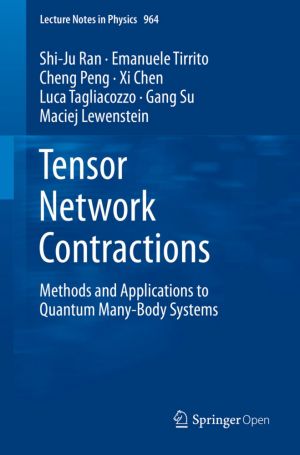
Tensor network is a fundamental mathematical tool with a huge range of applications in physics, such as condensed matter physics, statistic physics, high energy physics, and quantum information sciences. This open access book aims to explain the tensor network contraction approaches in a systematic way, from the basic definitions to the important a...
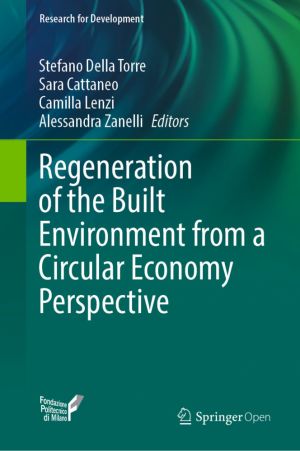
This free book explores the strategic importance and advantages of adopting multidisciplinary and multiscalar approaches of inquiry and intervention with respect to the built environment, based on principles of sustainability and circular economy strategies. A series of key challenges are considered in depth from a multidisciplinary perspective, sp...

This Open Access Brief analyzes the dynamics in which children's selves emerge through their everyday activities of meaning construction, both in their relationships with family and within school education. It begins with a discussion of new psychological inquiries into children's selves and builds upon the innovative theoretical notion o...
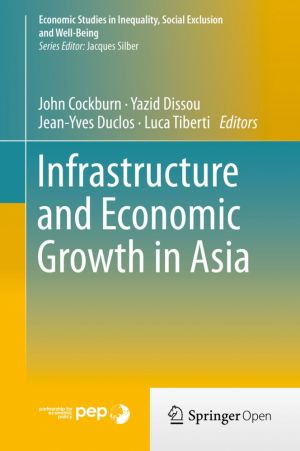
Public spending on infrastructure plays an important role in promoting economic growth and poverty alleviation. Empirical studies unequivocally show that under-investment in infrastructure limits economic growth. At the same time, numerous other studies have shown that investment in infrastructure can be an effective tool in fighting poverty reduct...
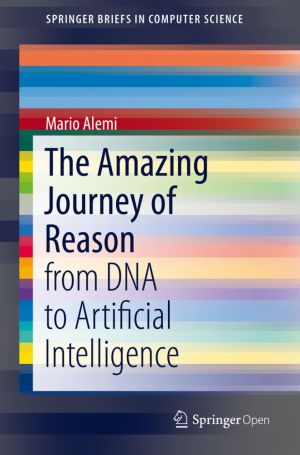
This free book explores questions such as why and how did the first biological cells appear? And then complex organisms, brains, societies and –now– connected human societies? Physicists have good models for describing the evolution of the universe since the Big Bang, but can we apply the same concepts to the evolution of aggregated matter –l...
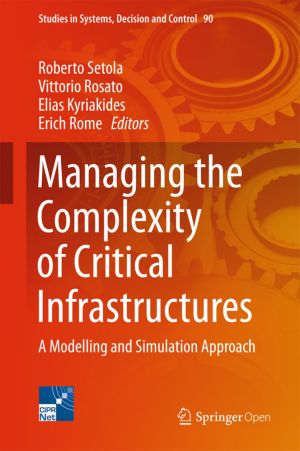
This book summarizes work being pursued in the context of the CIPRNet (Critical Infrastructure Preparedness and Resilience Research Network) research project, co-funded by the European Union under the Seventh Framework Programme (FP7). The project is intended to provide concrete and on-going support to the Critical Infrastructure Protection (CIP) r...
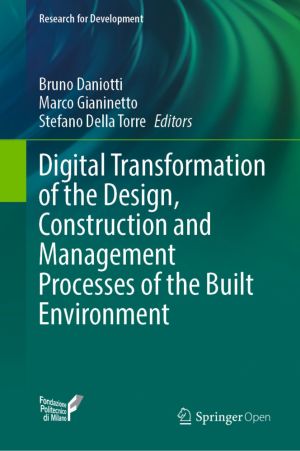
Digital Transformation of the Design, Construction and Management Processes of the Built Environment
This open access book focuses on the development of methods, interoperable and integrated ICT tools, and survey techniques for optimal management of the building process. The construction sector is facing an increasing demand for major innovations in terms of digital dematerialization and technologies such as the Internet of Things, big data, advan...

This book collects 5 keynote and 15 theme lectures presented at the 2nd European Conference on Earthquake Engineering and Seismology (2ECEES), held in Istanbul, Turkey, from August 24 to 29, 2014. The conference was organized by the Turkish Earthquake Foundation - Earthquake Engineering Committee and Prime Ministry, Disaster and Emergency Managemen...
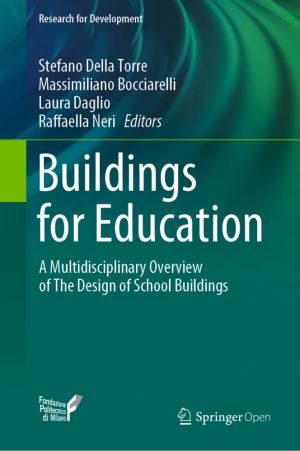
This book presents theoretical and practical research relating to the vast, publicly financed program for the construction of new schools and the reorganization of existing educational buildings in Italy. This transformative process aims to give old buildings a fresh identity, to ensure that facilities are compliant with the new educational and tea...
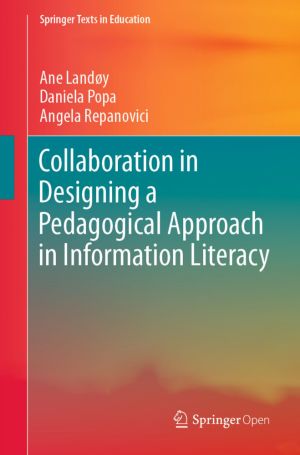
This Open Access book combines expertise in information literacy with expertise in education and teaching to share tips and tricks for the development of good information literacy teaching and training in universities and libraries. It draws on research, knowledge and pedagogical practice from academia, to teach students how to sift through informa...
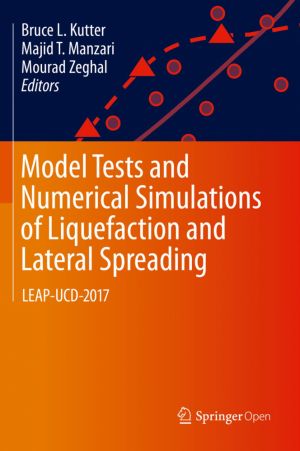
This book presents work collected through the Liquefaction Experiments and Analysis Projects (LEAP) in 2017. It addresses the repeatability, variability, and sensitivity of lateral spreading observed in twenty-four centrifuge model tests on mildly sloping liquefiable sand. The centrifuge tests were conducted at nine different centrifuge facilitie...
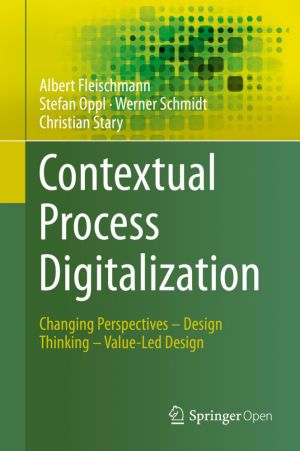
This free book presents an overview and step-by-step explanation of process management. It starts with the individual participants' perspectives on their work in a process and its structuring and harmonization, and then moves on to its specification in a model and how it is embedded in the organizational and IT environment of the company. Last...

This open access book explores the histories and geographies of fishing in North Korea and the surrounding nations. With the ideological and environmental history of North Korea in mind, the book examines the complex interactions between local communities, fish themselves, wider ecosystems and the politics of Pyongyang through the lens of critical ...
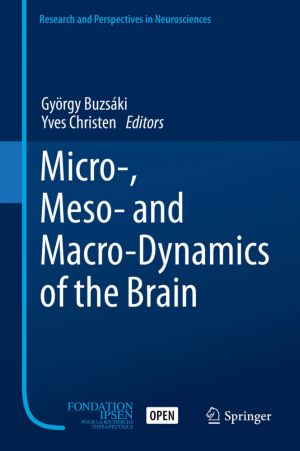
How does the brain orchestrate perceptions, thoughts, and actions from the activity of its neurons? Addressing these challenging issues requires methods with sufficiently high temporal and spatial resolution of neuronal activity in both local and global networks as well as theories to advance understanding how different levels of brain dynamics int...
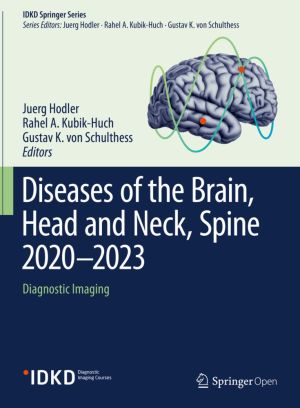
This open access book offers an essential overview of brain, head and neck, and spine imaging. Over the last few years, there have been considerable advances in this area, driven by both clinical and technological developments. Written by leading international experts and teachers, the chapters are disease-oriented and cover all relevant imaging mo...
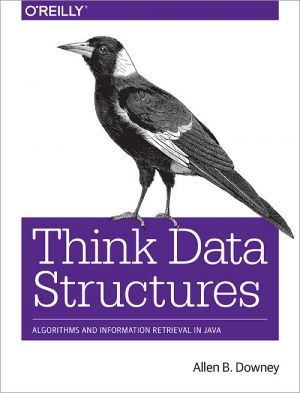
If you're a student studying computer science or a software developer preparing for technical interviews, this practical book will help you learn and review some of the most important ideas in software engineering - data structures and algorithms - in a way that's clearer, more concise, and more engaging than other materials.
By emphas...
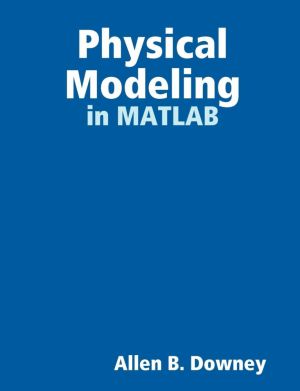
Modeling and simulation are powerful tools for explaining the world, making predictions, designing things that work, and making them work better. Learning to use these tools can be difficult; this book is my attempt to make the experience as enjoyable and productive as possible.
By reading this book - and working on the exercises - you will lear...

This project was initiated in 2009 with the aim to spread knowledge about mobile technologies and encourage people to enter our community or deepen their existing knowledge.
More than twenty writers from the mobile community share their know-how in dealing with topics such as accessibility in mobile apps, UX design, mobile analytics, prototyping...

How to Read a Folktale offers the first English translation of Ibonia, a spellbinding tale of old Madagascar. Ibonia is a folktale on epic scale. Much of its plot sounds familiar: a powerful royal hero attempts to rescue his betrothed from an evil adversary and, after a series of tests and duels, he and his lover are joyfully united with a marriage...
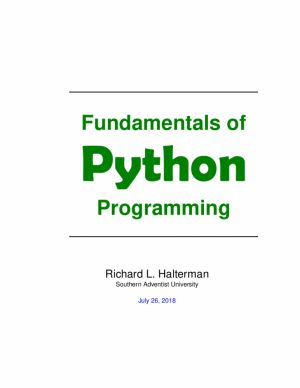
Guido van Rossum created the Python programming language in the late 1980s. In contrast to other popular languages such as C, C++ , Java, and C#, Python strives to provide a simple but powerful syntax.
Python is used for software development at companies and organizations such as Google, Yahoo, Facebook, CERN, Industrial Light and Magic, and NAS...
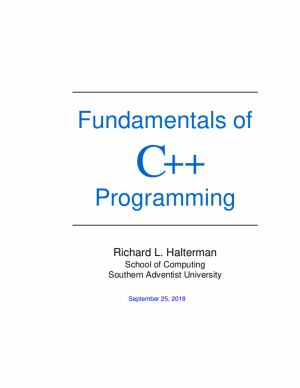
Bjarne Stroustrup of AT&T Bell Labs created C++ in the mid 1980s. C++ is an extension of the programming language C, a product of AT&T Bell Labs from the early 1970s. C was developed to write the Unix operating system, and C is widely used for systems-level software and embedded systems development.
C++ initially provided object-oriented...
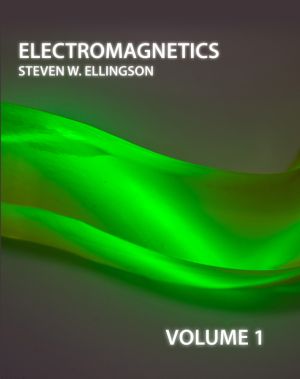
Electromagnetics, volume 1 by Steven W. Ellingson is a 225-page, peer-reviewed open educational resource intended for electrical engineering students in the third year of a bachelor of science degree program. It is intended as a primary textbook for a one-semester first course in undergraduate engineering electromagnetics. The book employs the &quo...
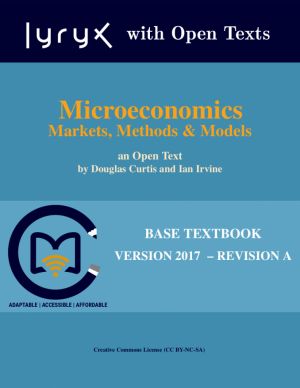
Microeconomics: Markets, Methods, and Models by D.Curtis and I. Irvine provides concise yet complete coverage of introductory microeconomics theory, application and policy. The textbook begins with an explanation and development of the standard tools of analysis in the discipline and carries on to investigate the meaning of 'well-being' i...
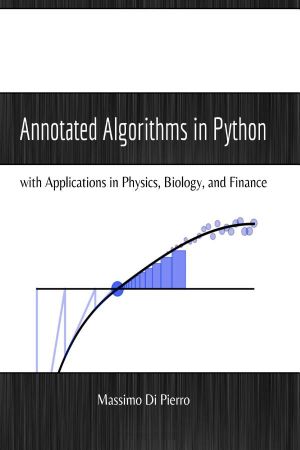
This book is assembled from lectures given by the author over a period of 10 years at the School of Computing of DePaul University. The lectures cover multiple classes, including Analysis and Design of Algorithms, Scientific Computing, Monte Carlo Simulations, and Parallel Algorithms. These lectures teach the core knowledge required by any scientis...
